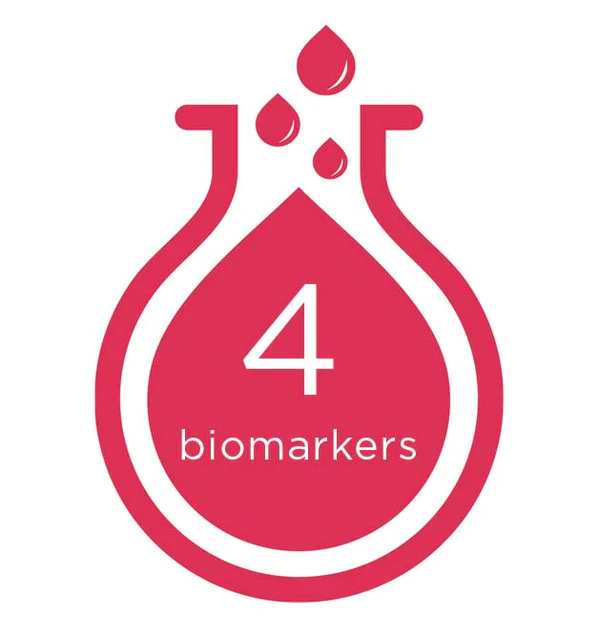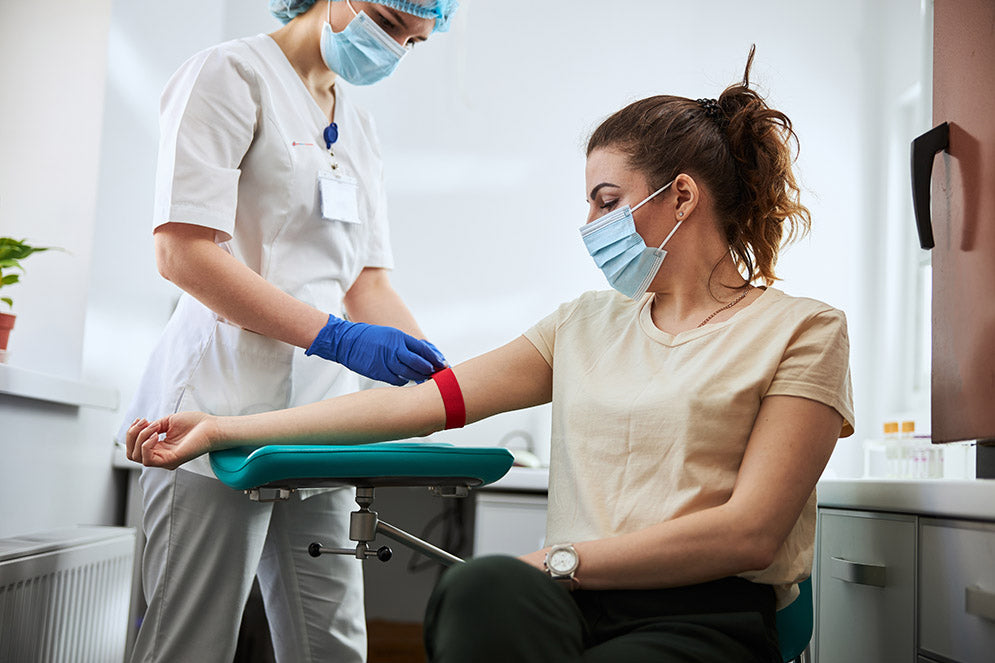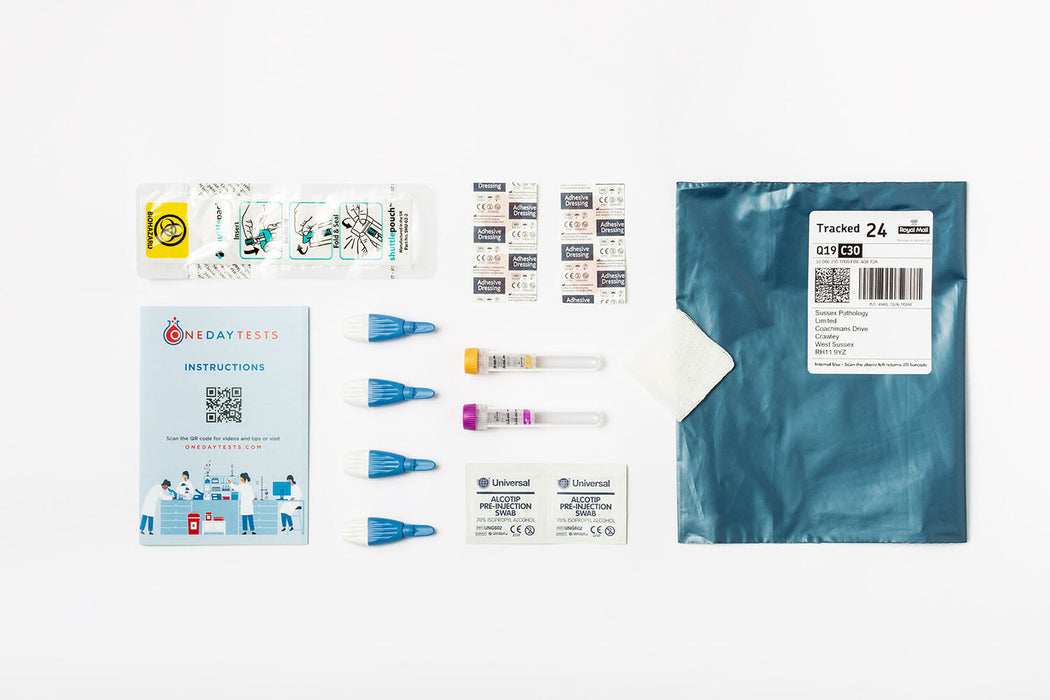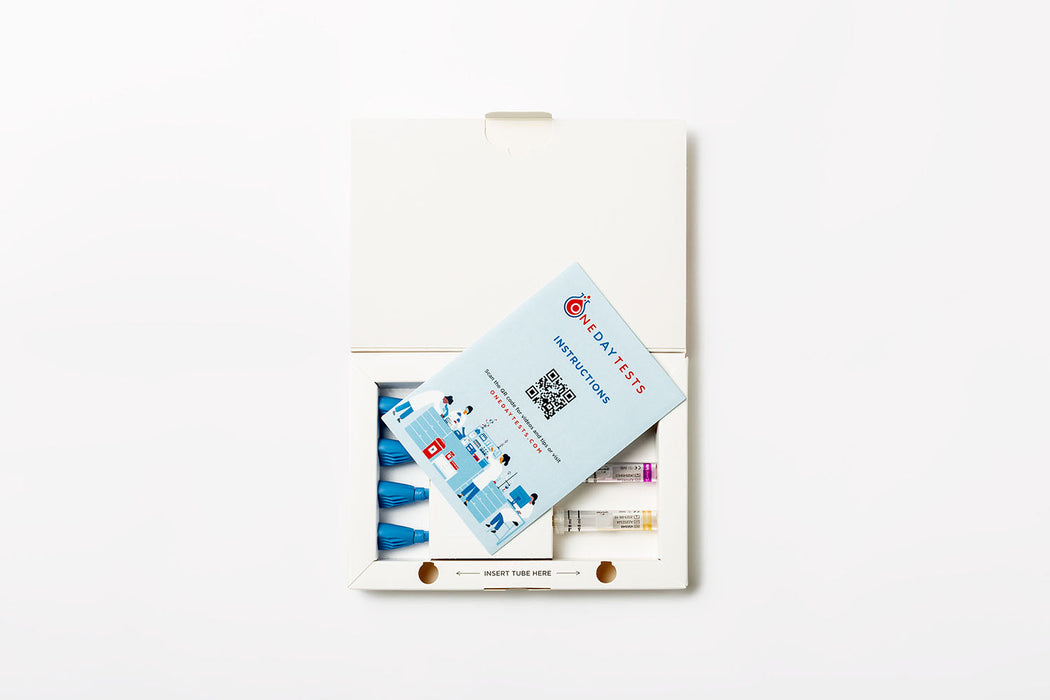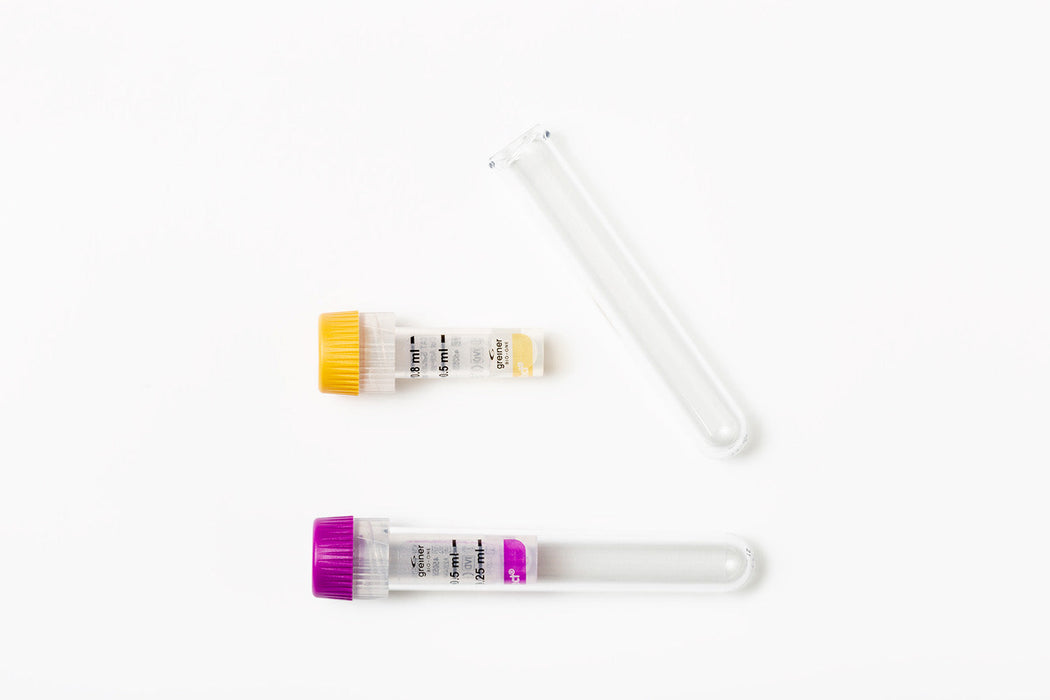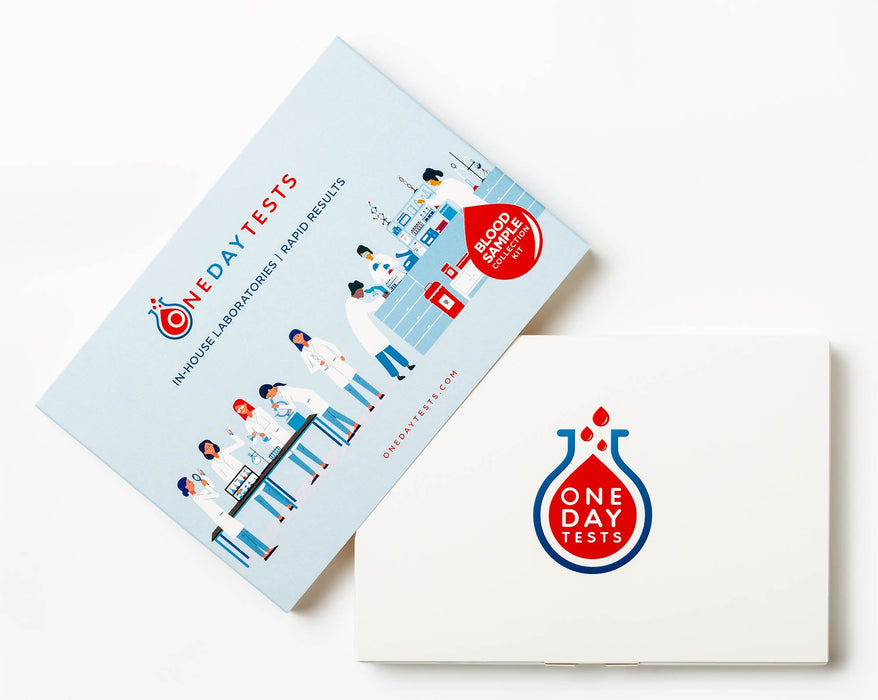What is it?
Iron is a mineral in you body that is essential for a range of functions. Iron is a major component of haemoglobin, a main type of protein in red blood cells that carries oxygen around your body. Low iron levels mean not enough oxygen circulating in the blood stream, leading to all sorts of problems, including fatigue and general weakness.
Iron is essential for healthy muscle and brain development, balanced growth and for the sufficient production of hormones in your body.
According to the NHS, the amount of iron you need is:
- 8.7mg a day for men over 18
- 14.8mg a day for women aged 19 to 50
- 8.7mg a day for women over 50
You should be able to get all the iron you need from your daily diet.
Reference ranges
If your indicative iron level is lower than the reference range for our laboratory:
Most people should be able to get all the iron they need by eating a varied and balanced diet. If you take iron supplements, do not take too much as this could be harmful.
You should discuss how to manage your iron levels and this result with your GP.
If your indicative iron level is higher than the reference range for our laboratory:
Generally, high levels of iron are not beneficial. Too much iron can lead to feeling sick and vomiting, stomach issues and constipation and extremely high level of iron can lead to very serious problems and organ failures.
You should discuss this result with your GP.



